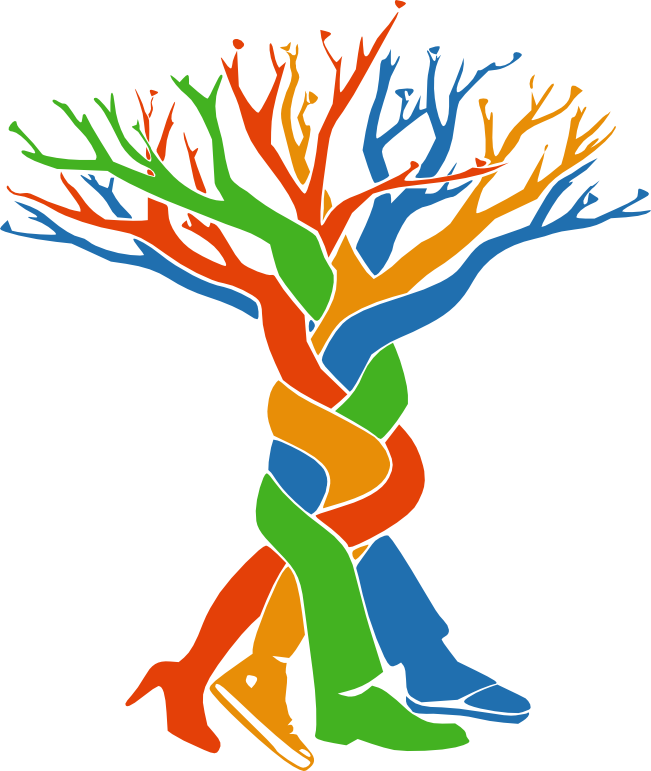 Growing a Russian-Language Community at a Mid-Western Liberal Arts College
by Maria Hristova
Growing a Russian-Language Community at a Mid-Western Liberal Arts College
by Maria Hristova
created on Jun 30, 2016 modified on Jun 30, 2016 02:26
Problem:
DePauw students of Russian investigate why the Russian-speaking community at the university has dwindled to the point of virtually disappearing. There are no international students who speak Russian as their first or second language; in addition, the Russian program is having problems with low enrollments. What this means for current students of Russian is that they have no conversation partners or a community to turn to outside of the classroom. This is a big problem for learners of a foreign language.
Goals:
This project will investigate why there is no Russian-language community on and around campus and will attempt to rectify the situation in two ways. First, we will attempt to recruit more students to take Russian language or Russian Studies classes; second, we will reach out to Russian students in Russian-speaking countries and advertise DePauw as a great option for pursuing a B.A. or for study abroad.
Final product:
The final product will be a bilingual website connected to the DePauw Modern Languages and Russian Studies parent websites. The English version will be geared towards incoming American and English-speaking students and the Russian version will target potential international Russian (or Slavic)-speaking students.
1. Pre-launching - Watch and discuss several YouTube videos made by Russian students who came to the US. more detail
1. Launching - A video conference call with a classroom in Russia. more detail
1. Managing - 1) Investigate 2) Come up with explanations 3) Verify 4) Brainstorm strategies to solve the problems 5) Choose a limited number of actions 6) Implement 7) Come up with final products to be added to the webpage more detail
1. Assessment - Assessing the students' progress more detail